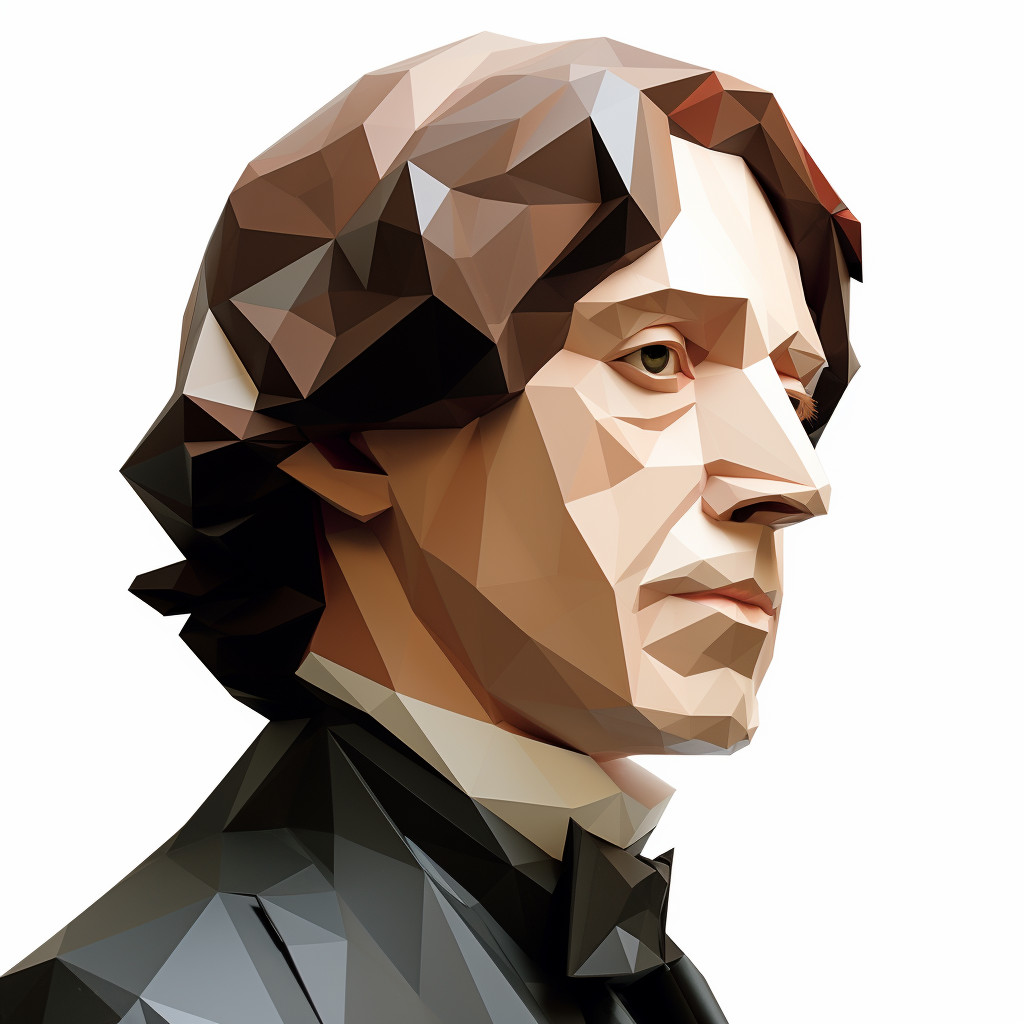This quote suggests that happiness can be found in the simplest and purest elements of life – freedom, flowers, books, and the moon. It emphasizes the beauty and joy in the natural world, the importance of intellectual stimulation, and the value of liberty.
When Wilde mentions ‘freedom’, he could be referring to personal freedom, which allows one to make their own choices and decisions, or it could be a broader societal freedom. ‘Flowers’ symbolize the beauty of nature and the joy that can be found in appreciating the world around us. ‘Books’ represent intellectual and imaginative stimulation, suggesting that a rich inner life can bring happiness. Finally, ‘the moon’ symbolizes the vastness and mystery of the universe, which can inspire awe and wonder.
In today’s world, this quote can be seen as a reminder to appreciate the simple things in life, and that happiness does not necessarily come from material wealth or success. It encourages us to take time to enjoy nature, to read and learn, to value our freedom, and to marvel at the universe.
In terms of personal development, this quote can serve as a guide to finding contentment and fulfillment. It encourages us to seek happiness not in external validation or material possessions, but in our own personal freedom, our appreciation of beauty, our intellectual pursuits, and our sense of wonder about the world. It also highlights the importance of balance – between freedom and responsibility, between appreciating the physical world and nourishing the mind, between the personal and the universal.
This quote can be a reminder to cultivate these aspects in our lives, to seek happiness in the simple and profound, and to appreciate the world around us and the universe within us.




